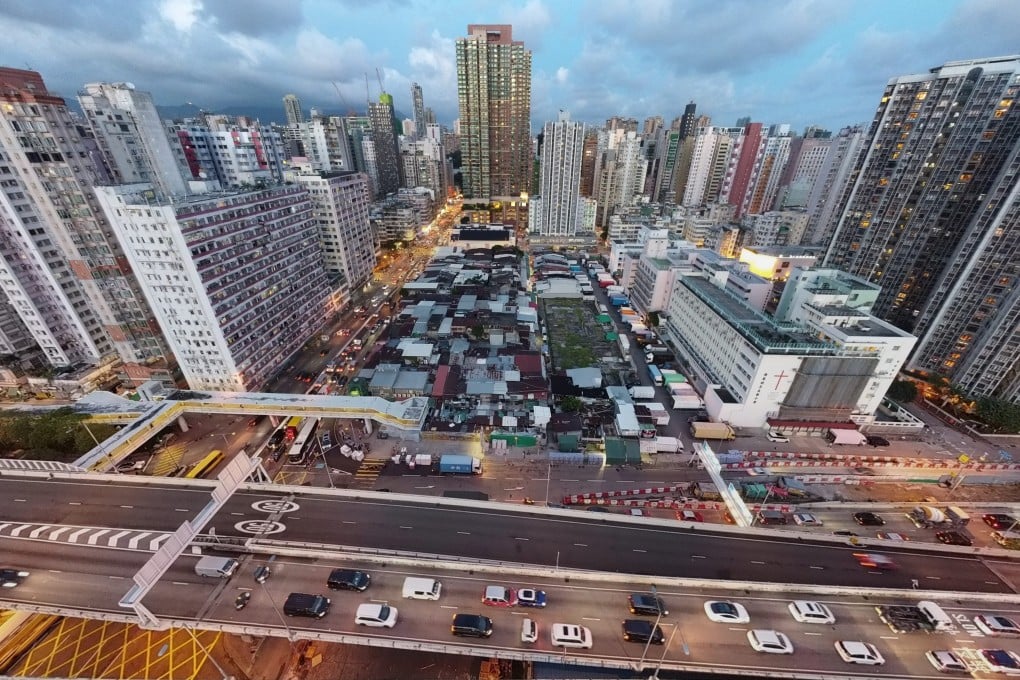Advertisement
Letters | Rebuilding old Hong Kong requires care and consulting residents
- Readers discuss plans to revitalise the Yau Mong district, national security legislation, Carrie Lam’s policy address, Taiwan’s airspace and tutoring rules
Reading Time:3 minutes
Why you can trust SCMP
1

Undeniably, rebuilding an old neighbourhood in Hong Kong is a big project. Dilapidated buildings will have to be wiped out and new ones erected, and in-depth studies will have to include detailed cost-benefit analysis.
The Urban Renewal Authority wants to transform Yau Ma Tei and Mong Kong by revitalising an area of 212 hectares (“‘Breakthrough’ blueprint for revitalising two old Hong Kong areas hailed by urban planners”, September 24).
This is a large-scale project that demands our wisdom. No one would claim that it can be done overnight without breaking a sweat.
Advertisement
The proposals could mean rebuilding or re-engineering some of the more than 3,000 buildings in the district. It seeks to maximise the economic potential of the neighbourhood while at the same time improving residents’ quality of life with more open space and revitalising landmarks such as the Yau Ma Tei Wholesale Fruit Market.
This project is not something that can be done by the government itself. It will take private-public cooperation. Whether it is conservation or revitalising, it will need orchestrated work between government and business.
Advertisement
I am all for the rebuilding of the Yau Mong district that is so full of history and culture and is a regular hang-out for many families. However, since the big project would involve about 200,000 residents, the plan must be meticulously drawn up to achieve the most efficient and beneficial outcome for the greatest number of people.
Advertisement
Select Voice
Choose your listening speed
Get through articles 2x faster
1.25x
250 WPM
Slow
Average
Fast
1.25x